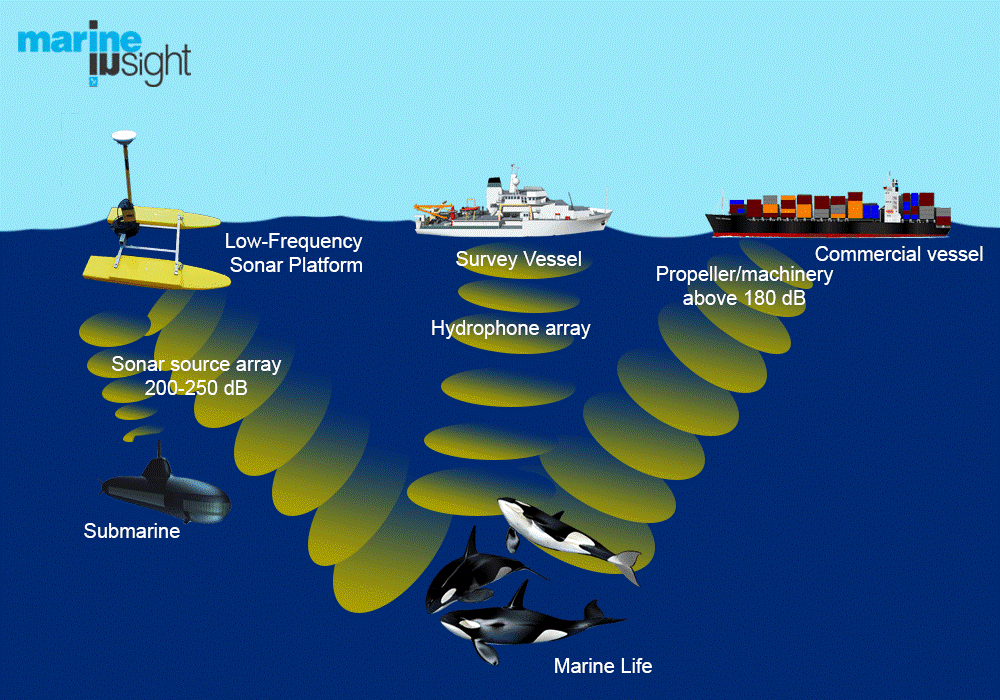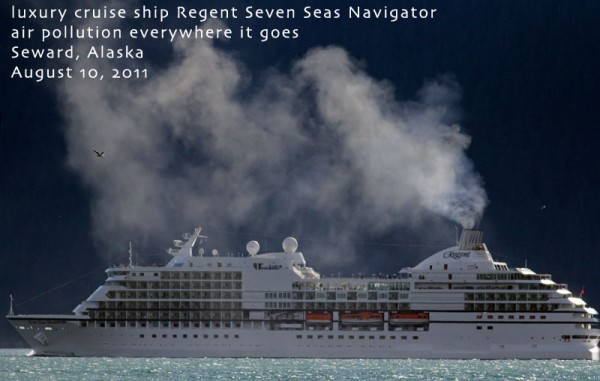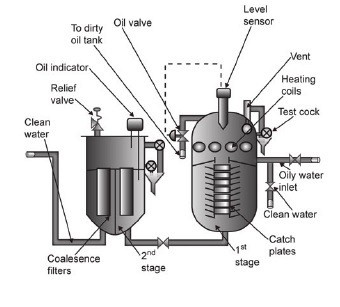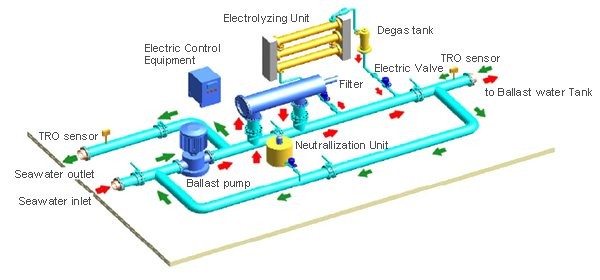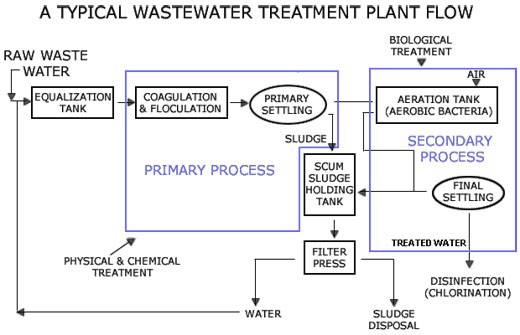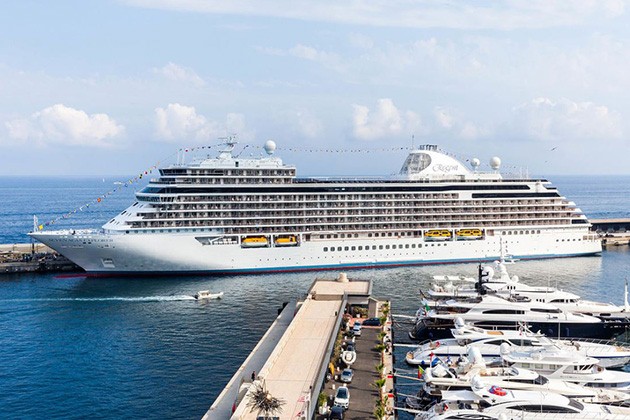
GOD'S PROMISE FOR THE YEAR 2015
GREAT REWARD
Genesis 15:1: After these things, the word of the LORD came unto Abram in a vision, saying; Fear not, Abram: I am thy shield, and thy exceeding great reward.
PEACE & HEALING
Isaiah 53:5: But he was wounded for our transgressions, he wasbruised for our iniquities: the chastisement of our peace was upon him; and with his stripes we are healed.
FAITHFULNESS & STABILISATION
2.Thessalonians 3:3: But the Lord is faithful, who shall establish you, and keep you from evil.
Priority & PROSPERITY
OUR LORD JESUS SAID:
But seek ye first the kingdom of God and His righteousness and all these things shall be added unto you. (Matthew 6:33)
For all web design & Development
contact info@calvarysoft.com
Marine pollution is defined as the dumping of oil and other wastes from ships into oceans. The cruise ships can cause Marine pollution in seven ways, namely- Ballast water pollution, Air and Noise pollution, Grey and black water pollution and so on. The effects of Marine Ship Pollution are oxygen depletion, higher acidity, choking marine life, blocking sunlight and affecting human health. MARPOL 73/78 provides six Annexes to control and prevent Marine Ship Pollution. The preventive measures are Ballast water Management, Oily water separation and Ship’s waste water treatment. This technical paper discusses all these important matters related to causes, effects and solutions of Marine Ship Pollution. Key Words: Cruise ships, Maine ship pollution, MARPOL 73/78, Water Management and Biological Sewage Treatment. 1.0 Introduction: Marine ship pollution refers to deliberate dumping of oil and others wastes from ships in the oceans. Diesel engines in the cruise ships produce air pollution. A cruise ship can pollute both the water and the air. A large cruise carries 1000s of passengers. Each passenger produces a personal waste which ends up in ocean water. Ships do pollute the ocean waters. 2.0 Seven ways in which Cruise ships5 can cause pollution in Marine Environment: Cruise ships discharge waste streams to the marine environment. This waste includes grey water, ballast water, sewage, solid waste, waste oil, air pollutants.(i)Air Pollution: We are all aware of the concept of air pollution. A large cruise ship emit NOX and ultra fine particles in large amount. The emissions are CO2, NOX and particle emissions. (ii) Ballast Water Pollution: Ballast water in a ship increases its stability. Ballast water is discharged during loading and unloading. It sometimes contains sediments and plants and living organisms. Ballast water discharge into the ocean can have negative impact. 1Peter Chandran C. Professor, AMET University, Department of Naval Architecture and Offshore Engineering, 135,ECR Road, Kannathur, Chennai Tamilnadu.603112.India.Email:peterchandran1980@gmail.com (iii) Noise Pollution: Because of entertainment in the Cruise Ships like dancing, music programmes, unpleasant noises are produced. It affects sensitivity of marine animals and mammals. Their hearing gets harmed. This leads to unwanted death and loss to the ecosystem. Human beings are also affected inside the ship, who love peace of mind inside the ship, while travelling through the ocean water.
(iv) Grey Water pollution: It means bath, and shower water and waste water from lavatory sinks and dish washers. It harms the marine environment. Untreated grey water impacts water quality and public health.
(v)Black water pollution: Cruise ships release millions of gallons of sewage into the ocean. This is classified as black water. Sewage is waste from toilets and health facilities. Cruise ships should dump only treated waste water. This is the requirement of Federal law. (vi) Solid Waste: The solid wastes generated by cruise ships are food waste, plastics,wood etc.A 3000- passenger cruise ship generate 50 tonnes of garbage and solid waste. Dumping of garbage at sea is prohibited within 3 to 25 miles from shore. This solid waste dumping affects oceanic living creatures. (vii) Oily Bilge water: Last but not the least - oily bilge water pollution. The average cruise ship produces 7000 gallons oily bilge water. Most of the marine pollution is due to oil spill from cruise ships. Oil leaks through faulty engines. Oil is heavier than water and oil does not degrade quickly. Intake of polluted marine water due to oil spill by the sea creatures affects their health. We must take care of marine life forms. 3.0 Effects of Marine Ship Pollution: The following are the effects of Marine Ship Pollution: (i) Noise Pollution,(ii) Oxygen concentration reduction,(iii) Ocean acidification,(iv) Sunlight block out,(v) Flying becomes difficult for Marine birds. (i) Noise Pollution: Shipping causes noise pollution. This noise can travel long distances. Some of the species living in the ocean nay be harmed by this types of pollution. These species rely on sound propagated by them for their direction, communication and food. Sound pollution affects their survival in ocean. (i) Noise Pollution: Shipping causes noise pollution. This noise can travel long distances. Some of the species living in the ocean nay be harmed by this types of pollution. These species rely on sound propagated by them for their direction, communication and food. Sound pollution affects their survival in ocean. (ii) Oxygen Concentration Reduction: Oxygen is life for all living beings, especially marine organisms. Seawater contains dissolved oxygen(DO, Oxygen molecules dissolved in sea water).When oxygen concentration is reduced, the living organisms in sea water struggle to get oxygen and their survival becomes difficult. Plants in seawater, fishes love oxygen and take it to survive and live abundantly in ocean. Oxygen depletion occurs when bio degradable material is dumped to sea water. (iii) Ocean Acidification: Sulphor dioxide (SO2) emissions from ships result in ocean acidification. The acidification of sea water is very dangerous. CO2 emissions are eight times more than acid water released from ships. (iv) Flying becomes difficult for birds: Air that we breath is important for survival. It is also true for birds flying in the marine environment. The birds in our planet are in crisis. Water birds are affected by oil Pollution. Approximately, 5,00,000 water birds are killed every year due to oil spills in ocean. (v) Sunlight block out: Plants living in the ocean need sunlight to do the function of photo- synthesis. Light is good and reveals things to visibility. Pollutants from ships block out sunlight. 4.0 Monitoring, Control and Preventive measures of Marine Pollution: We need to take 3preventive measures to protect the seas. Act to prevent pollution from ships/ MARPOL are the ways by which , we can control and prevent marine ship pollution. MARPOL 73/78 Convention2: MARPOL1 stands for Marine Pollution. The Convention was conducted in the years 1973 and 1978 to prevent Marine ship pollution. Let us know MARPOL Regulations about Marine Ship Pollution: Annex I is about Regulations regarding Oil Pollution prevention. Annex II prohibits effluent containing substances discharged into the ocean. Substances are divided into X,Y and Z categories. X category causes greatest threat and Z category causes smallest threat. Annex III is about Regulations concerning substances which are harmful in the form of packages. These are dangerous goods. Annex IV explains the Regulations to prevent sewage pollution by ships. Sewage means any form of toilets and urinals, drainage from living animals. Annex V is about Regulations to prevent Garbage Pollution by ships. The categories are plastics, food wastes, domestic wastes, cooking oil, incinerator ashes etc. Annex VI Regulates Prevention of Air Pollution from ships. The dangerous emissions are NOX emissions, Ozone depleting substances, Sulphor oxide emissions. Solutions to Marine Ship Pollution: (i)Oil Water Separator4: OWS is an equipment which separates water and oil. There are different types. It is mandatory for oil tankers should have double hull. The following sketch illustrates O.W.S. Stokes law states that heavier oils require more retention time.
(ii)Ballast Water Management: BWM stands for Ballast Water Management. Fresh water or sea water sometimes contains sediments.BWM. Controls harmful invasive species. BWM aims to protect the Marine Environment from the transfer of harmful organisms.
(iii)Ships Waste Water Management: Modern Cruise liners produce waste water. Waste water treatment technologies are used on cruise vessels. When suspended solids are removed from waste water, the remaining water is called effluent. Waste water must be treated before discharging into the marine environment. The ship should have an accepted sewage treatment Plant . The following sketch shows a Biological Sewage Treatment Plant.
5.0 Conclusion and Recommendation: (i) Sources of Marine Pollution from ships have been established, which includes discharge of oily water, invasive organisms from ballast, Grey water and black water pollution, air, noise and solid waste pollution. (ii) Pollutants damages the ecosystem, Systems life and human health. (iii) Control and Preventive measures have been established including adherence and enforcement of standard operations as contained in Annex I- VI of IMO Conventions. The following are some of the recommendations: (i) Control marine pollutions by introducing penalties to ships found polluting the Marine Environment.(ii) Exchange technical information, technology, experience between countries all over the world. (iii) Protect aquatic environment and practice IMO Standards.(iv) Cleanup the marine environment and create awareness by educating Citizen and Ship owners, respect and protect Marine Environment.
REFERENCES:
|
|||||||||
Copyright (c) 2005 Calvarysoft Inc. All rights reserved.













